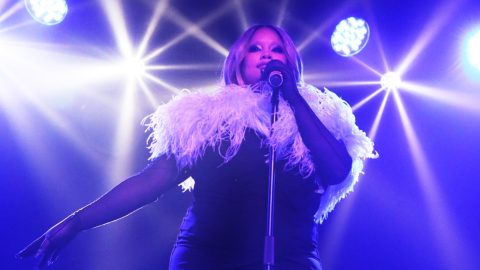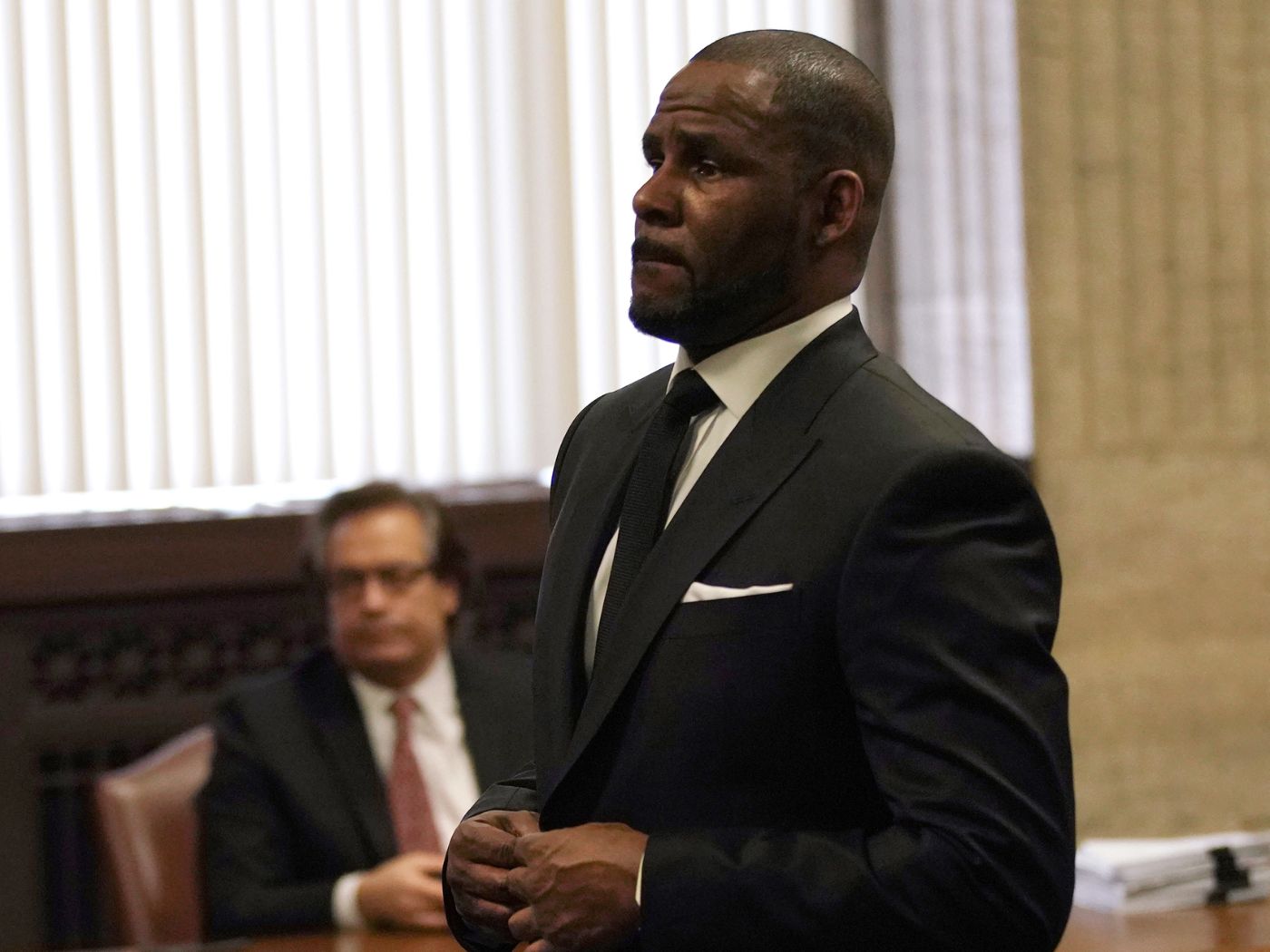
Doomprompting. It’s the new Googling yourself but with less ego, more existential terror. Don’t pretend you haven’t done it – logging into ChatGPT and prompting it to do your everyday logistical duties, just to see if your job is going to be first against the wall when the AI revolution comes, midway through next week. Personally, I felt quite reassured when I asked it to write a Bastille review in my style and it liked them, making my employment status secure at least until they write it a discernment plug-in.
Liam Gallagher, on the other hand, looks set for the chop right alongside birthday card message writers and the QI elves. This week a band called AIsis released an album intended to emulate the album that the peak late-‘90s line-up of Oasis might have made after ‘Be Here Now’ if they hadn’t been ploughed into pieces by the money truck. The songs were written and recorded by a human band, but the vocals are delivered by an AI Liam, trained on a capella recordings of the man himself. And, somewhat terrifyingly, it sounds uncannily like Oasis. To the degree that watchdogs are concerned that someone may have found a way to upload cocaine. Liam has since called the project “mad as fuck” and reckons that “I sound mega”.
Now obviously you don’t need a God-like superintelligence to crank out some convincing Noel Gallagher lyrics. But the release comes at a time of much concern over the threat of AI generated music and art and its ability to convincingly fool an audience into thinking they’re getting the ‘real’ thing. A track called ‘Heart On My Sleeve’, featuring AI generated deepfake vocals of Drake and The Weeknd, was pulled from several platforms after racking up 20 million streams over the weekend. German photographer Boris Eldagsen refused to accept a major photography award this week when he revealed that his sepia ‘photo’ Pseudomnesia: The Electrician was created by AI and entered to test the judges. We teeter at the brink of a fully deceptive world, where truth, creativity and authenticity crumbles and we can no longer trust our senses. I, for one, have serious questions about this ‘Sam Smith’ we’re seeing about these days.
In such a fast-moving time, it’s bewildering to consider where AI might take us. But in music terms alone, I tentatively welcome our new DigiLiam overlords. AI looks set to utterly destroy and reinvent the music we listen to and how we listen to it, but I can see many ways in which that process might make music far more interesting and unpredictable in the end. And even enhance the humanity of it.
Right now, we’re in the toybox phase. Millions of scammers, scouts and scavengers are out there seeing what this new technology can do, and the first stop for the uninspired is always imitation. Today we have robot Liams, Drakes and Weeknds. Tomorrow we’ll have a reggae Björk, a grunge BTS, Dry Cleaning with tunes. They’ll come, over the coming weeks and months, in a tsunami of bizarre pastiche, far faster than Spotify can delete them.
But never fear Nick Cave, and any other well-respected icons expressing concern about the machines imitating their art. This novelty fad period won’t last. That streaming services were quick to respond to Universal Music Group’s claims that ‘Heart On My Sleeve’ violated copyright law and remove the track shows some industry-wide willingness to at least try to stem the tide of deepfake music. Government plans to allow AI songwriter to bypass such laws and pilfer as they please have been scrapped, for now. And it’ll only take one chump to type in ‘write something that sounds even remotely like a Marvin Gaye song’ before cloning pre-existing stars becomes too great a financial risk.
No, it’s the by-numbers pop songwriters that really need to start worrying. Production line pop has always thrived by dint of its formulaic, trend-following simplicity, the very thing which makes it prime fodder for AI composers. The canniest writers will soon stop begging for crumbs from picky pop stars, cut out the booty-shaking middle man and start bombarding platforms with their own AI-produced songs. Indentikit, easily mimicked niches of rock and rap will swiftly follow. Before long, all human-created content might well be lost beneath the great flood of tracks by Lizz0395827236, @bb@ and TheSnÆts.

There are a few ways this could go. In the eyes of those streaming platforms built on a volume model, churned-out AI pop is every bit as legitimate as churned-out manmade pop. A computer industrially producing ‘Dance Monkey’s faster than you can swipe left dovetails precisely with Daniel Ek’s future-music vision of perpetual artist engagement. Particularly when the same AI could manufacture an unlimited number of bot accounts to listen to their songs for them. It’s against Spotify’s T&Cs at the moment, yes, but there are bots on there right now, ‘fahsands of ‘em, enduring playlists no human ears could stand.
The established platforms, then, could shrug, tacitly embrace the fact that their sites have become a hyper-speed circle-jerk of robots making music for robots to listen to and eye up their fifth superyacht. If most humans decide they’re just as happy listening to AI music as human music then the streaming dream will have fulfilled its foundational purpose to provide a truly limitless source of cheap, characterless background muzak ringing out across every night bus in the land. Spotify et al will exist as profit-generating enterprises adrift in their own pointless universe. So much digital art for digital arts’ sake.
Alternatively, listeners could quickly tire of computer-generated songs. Pop fans, after all, want an iconic hero figure they can worship, lust after or relate to. Rock fans want a ‘real’ band spitting lager in their faces. We all love a great Gorillaz gig, but nobody’s that interested in Murdoc’s prison stories. So subscribers might desert the established platforms, forcing them to limit AI content in order to remain profitable. Or labels – assuming they remain invested in artists that can tour their records – might insist on preferential treatment for flesh-and-blood acts the week they realise they can’t get Harry Styles into the charts anymore.
In either scenario, one thing actually rises in value: human creativity, and all the inventiveness, imagination, unpredictability and star power it entails. By sheer overload, AI might well bring the sixty-odd-year reign of pop music to a screeching halt, slashing and burning pop culture as we know it. There’ll be no point in humans trying to compete within the old pop formats anymore. Instead, music fans will naturally split into consumers and connoisseurs.
If Spotify goes full-on AI, alternative platforms will spring up championing nothing but human music, where the most innovative artists reimagining what music can be will flourish above more formulaic fare that computers are doing better elsewhere. If the streaming giants are somehow forced to curtail AI music, it’s only the most characterful, un-mimicable acts that will prosper there too – the sort of thing that a pre-trained program couldn’t even conceive.
It could make for a wonderfully topsy-turvy world, where Jockstrap are headlining over Inhaler and Calvin Harris is reduced to laptop tech for Sleaford Mods. In the future, with AI setting an unassailable bar for mass-produced mediocrity, there’ll be no point being ordinary. Only the most visionary will survive. Music is about to enter a magnificent new phase of man versus machine – it’s time to blow their hive-minds.
The post In the age of AI Oasis, there’s no point being ordinary appeared first on NME.






